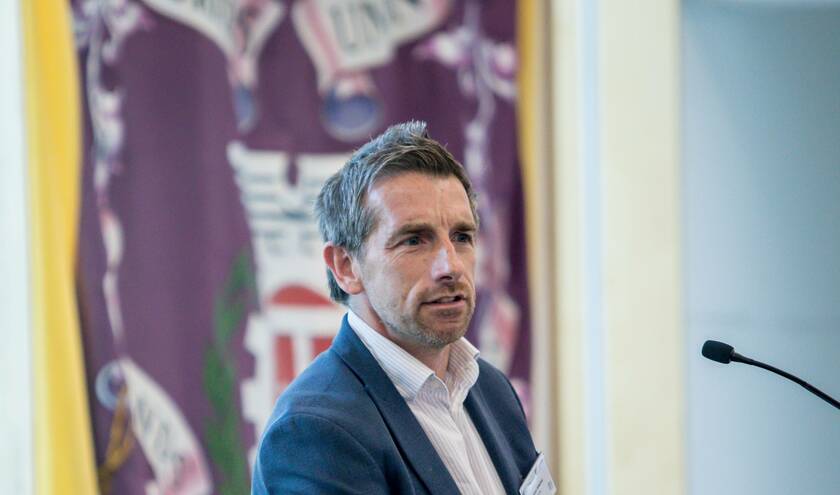Labour has been more than open in its desire to covet the business sector under the leadership of Keir Starmer and since it entered government. It has also committed to reducing inequality, as any Labour government should, through its opportunity mission. Our new report, ‘A different future – How business can reduce inequality' is the first from the Ruskin Centre for Social Equity (RISE) (formerly the Centre for Inequality and Levelling Up) at the University of West London. The report consults 50 leading businesses that have a total asset value of over £1.5 trillion, including Amazon, BP, Tesco and PWC, as well as representative organisations with over 400,000 members such as the British Chambers of Commerce and the Federation of Small Businesses.
It includes a range of case studies showing what businesses can do to tackle inequality in their local areas including partnering with councils to address homelessness, changing recruitment practices to enable more diverse workplaces, supporting community charities and sponsoring schools. The Co-op Academies Trust, for example, includes 32 schools in some of the most deprived areas of the country educating nearly 19,000 pupils at primary and secondary level in West Yorkshire, Manchester, Staffordshire and Merseyside with almost 3000 staff. It is not just big businesses that are engaged in work related to ‘social purpose'. Over 80% of the members of the Federation of Small Businesses (FSB) have volunteered and/or contributed to a local community organisation or charitable cause in the last three years.


